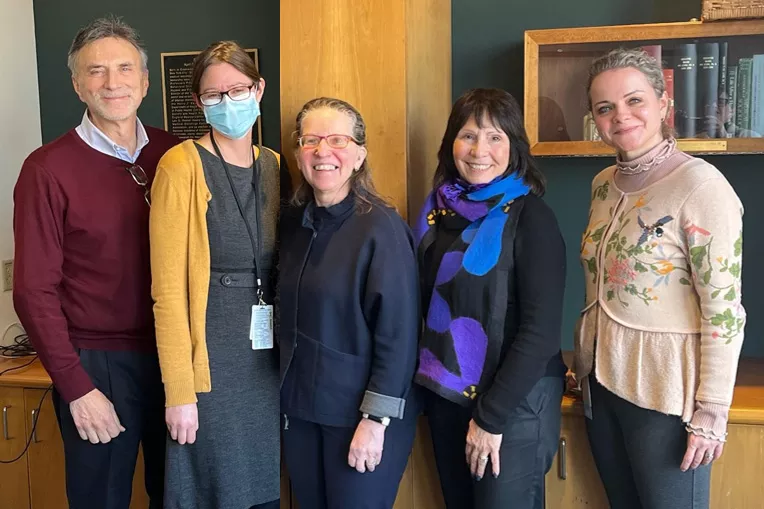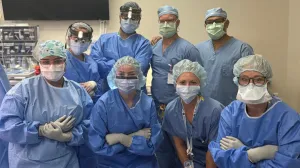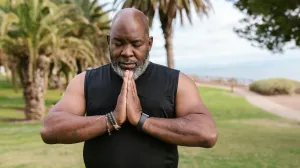
Adolescent and young adult cancer survivors (diagnosed between ages 18 and 39) face unique age-based medical, social, emotional and financial challenges. Established in 2012 under the medical direction of Susan Parsons, MD, MRP, Tufts Medical Center’s Reid R. Sacco AYA Cancer Survivorship Program’s is dedicated to helping survivors navigate these challenges throughout their post-treatment journey through direct medical services, research and advocacy.
In their recent study, funded by the Leukemia and Lymphoma Society and published in the Journal of the National Cancer Institute Spectrum, Parsons and her team conducted a fully remote, randomized intervention study aimed at alleviating financial distress experienced by young adult survivors of blood cancer. Research partners included MD Anderson, the Children’s Hospital of Los Angeles, the Norris/USC Cancer Center, Los Angeles General Hospital, and Bon Secours Mercy, St. Francis Cancer Center. Eligible participants, identified from one of these sites, completed serial study assessments online over the 6-month study period. Participants assigned to the active navigation arm received scheduled sessions with a study navigator, who linked community-based and national resources to financial issues specifically identified by the participant. Despite being on average 10 years from initial diagnosis and the majority having health insurance, participants reported higher than average levels of financial distress (49% vs. 30%), which was associated with having delayed or postponed survivorship care in > 60% reporting severe financial distress.
The AYA Cancer Program takes a proactive and hands-on approach to these issues. “I will sit down with patients and cost out for them different insurance plans to help them understand the process, says Dr. Parsons. Our nurse practitioner has repeatedly worked directly with collections agencies to negotiate down patients’ debt.” The program also relies on generous donors who contribute funds to supplement patient expenses and support the operation of the program.
A new study, published in the Journal of the National Cancer Institute, finds there are more than 2.1 million adolescent and young adult cancer survivors in the US. With 90,000 adolescents and young adults newly diagnosed with cancer in the United States each year and overall survival rates of greater than 80%, these numbers will only grow, and with them the human and economic costs.
Dr. Parsons says that she and her colleagues will continue to shine a light on the challenges faced by AYA survivors. “We want our patients to thrive after cancer. We’ll do what it takes to help make that happen.”


